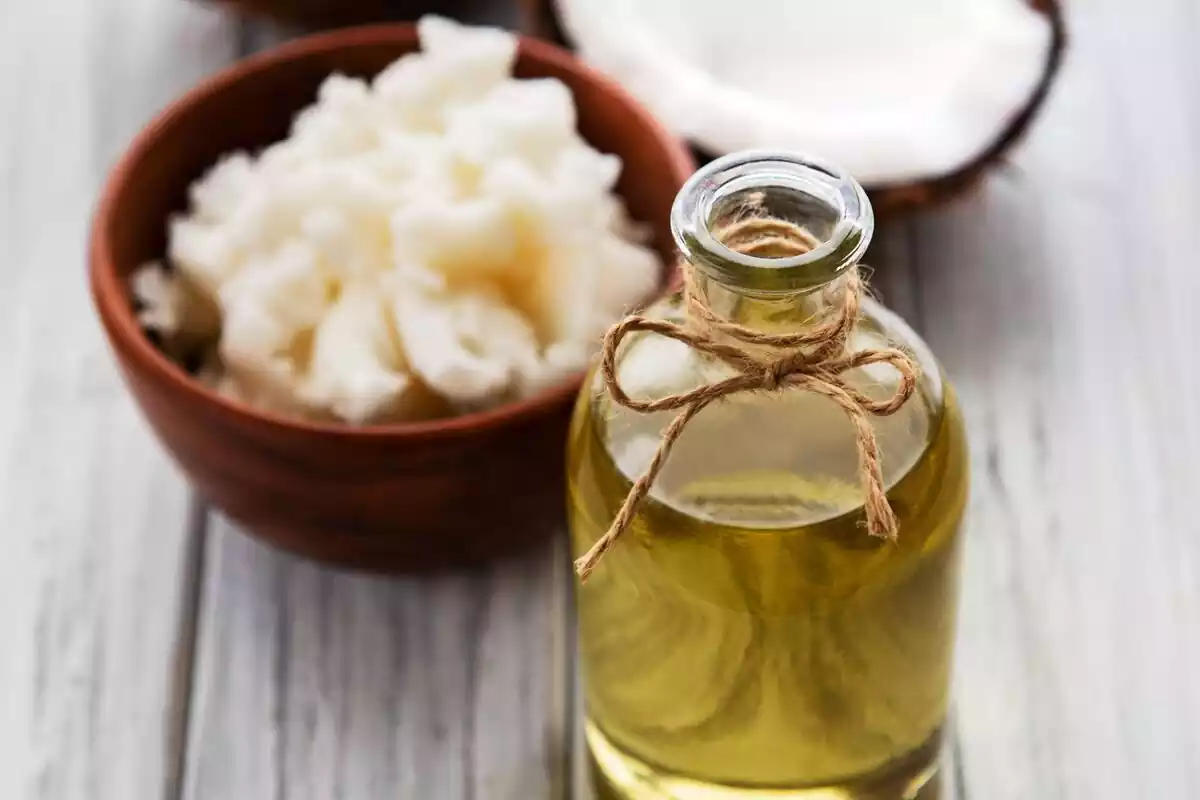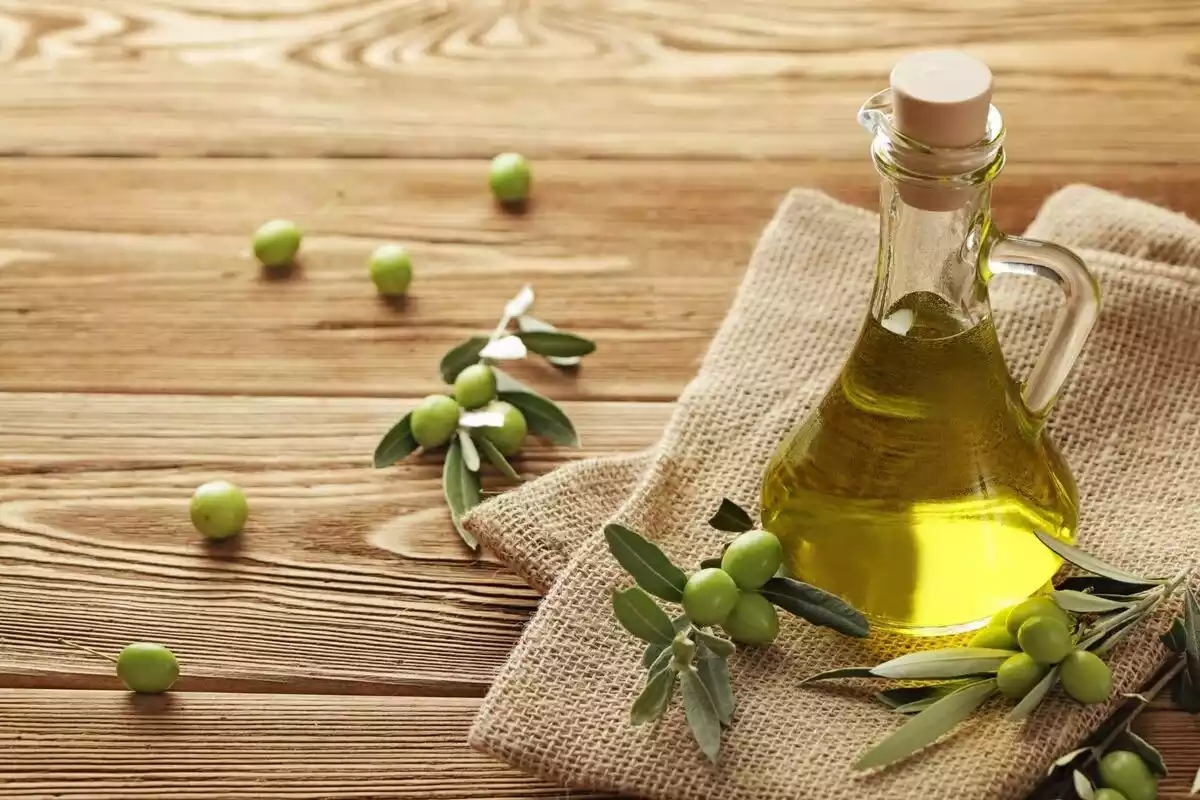Olive and sunflower oils are main ingredients in kitchens all over the world. Particularly in Mediterranean cultures, this product is highly valued and used to prepare a wide variety of dishes.
Besides being essential to gastronomy, oil has an assortment of health benefits which have been known for centuries.
In this article, we describe what oil is, its benefits, and what types are out there. We will primarily focus on olive oil, the healthiest of all, which is a true superfood.
What is oil?
Historically this substance was solely derived from olives and sesame seeds. However, currently, this term is used for many substances of both animal and plant origin that are water-insoluble.
Oil was born in ancient Egypt, where the most common kind was made from sesame seeds. This product was used for its gastronomic properties, health benefits, and as a natural remedy for all sorts of afflictions.
Historical records from the Romans and Greeks prove that they habitually used olive oil for the same purposes as in Egypt. These civilizations made the most of the Mediterranean's abundance of olives. In the past, this product was also used for religious purposes and to light homes.
There are a plethora of oils out there, from animal to mineral, and plant origin. In this article, we focus on plants and animal derived varieties. The most common ones are olive, sunflower, palm, coconut, mint, and sesame oils.
Benefits
Oil has many health benefits. In this article, we mainly focus on olive oil and describe its benefits in detail. However, others such as sesame, coconut, and mint are also noteworthy.
Olive oil favors digestion and promotes weight loss if consumed on an empty stomach. It is also an antioxidant, prevents cardiovascular disease, and some types of cancer. Besides, it helps with digestion, blood circulation, stimulates the immune system, and lowers cholesterol levels.
How is oil made?
The classic production method was used to make olive oil for centuries. Other types, like sesame and sunflower, are made in similar ways.
When olive oil is produced, first, the product is transported to an oil press, and this is where the olives turn into the final product. This transformation happens in industrial warehouses where the olives are cleaned and separated from impurities, like stems and leaves.
Then, the olives are ground, and the oil is separated from the rest of the paste. Then it is strained, and stored in a separate place. The finished product is the highest quality oil and most expensive on the market. Once collected, it is then bottled and sold.
Types
There are many different varieties out there that are all classified based on their origin. Usually, Plant-based oils are distinguished from those of animal origin.
Plant-based
This variety is currently the most widely used since it is the best for cooking and is also known for its medicinal properties.
Some examples of plant-based oils are sesame, coconut, peppermint, and sunflower.

Animal origin
The animal origin version of this substance is less common than its plant-based counterpart. However, in the past, they were often used both for culinary purposes as well as in natural remedies. Some examples of this variety include whale, seal, and cod liver oils.
Cod liver oil was used for years as a nutritional supplement for children and adults with dietary deficiencies. The nutritional benefits of these include their Omega-3 fatty acid, vitamin A and Vitamin D content.
References
Besnarda, G. & Bervillé, A. (2000). Multiple origins for Mediterranean olive (Olea europaea L. ssp. europaea) based upon mitochondrial DNA polymorphisms. Comptes Rendus de l'Académie des Sciences—Series III—Sciences de la Vie, 323(2): 173–181.
Leech, J. (2017). 11 proven benefits of olive oil. Healthline. Accessed at www.healthline.com
